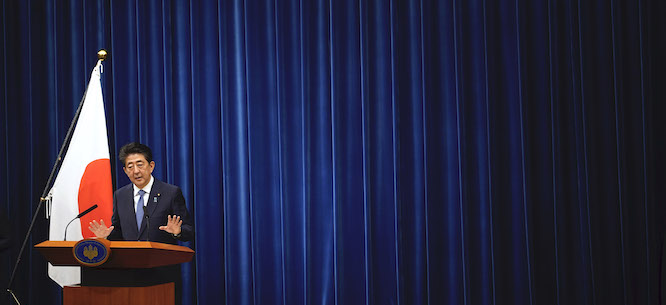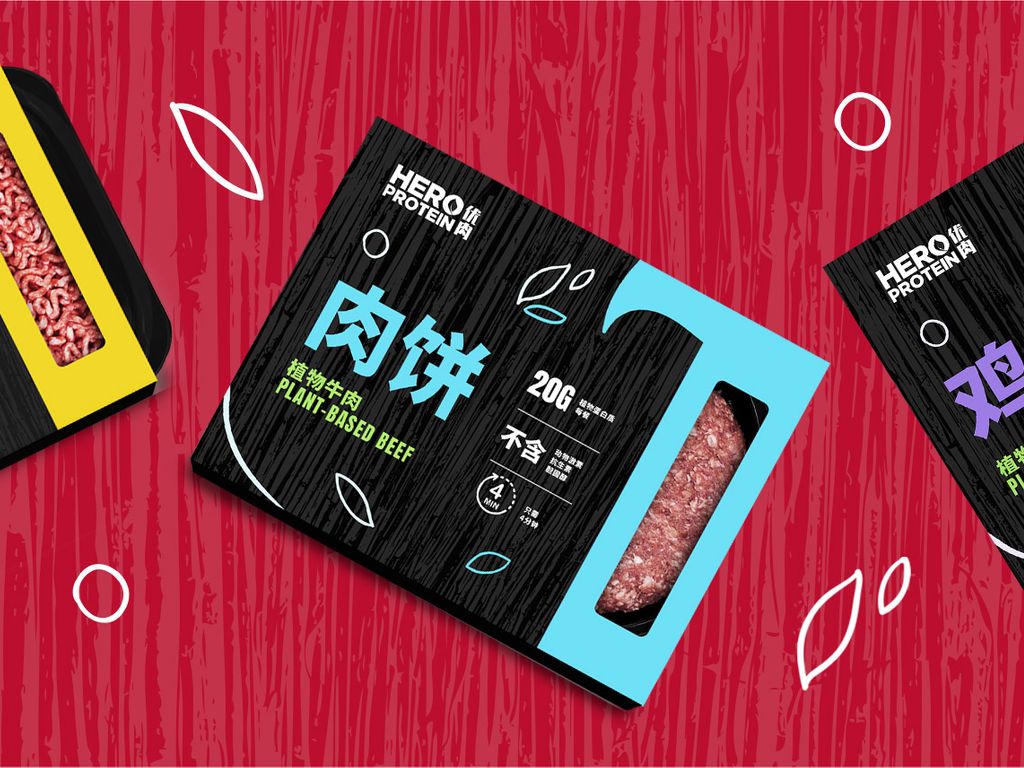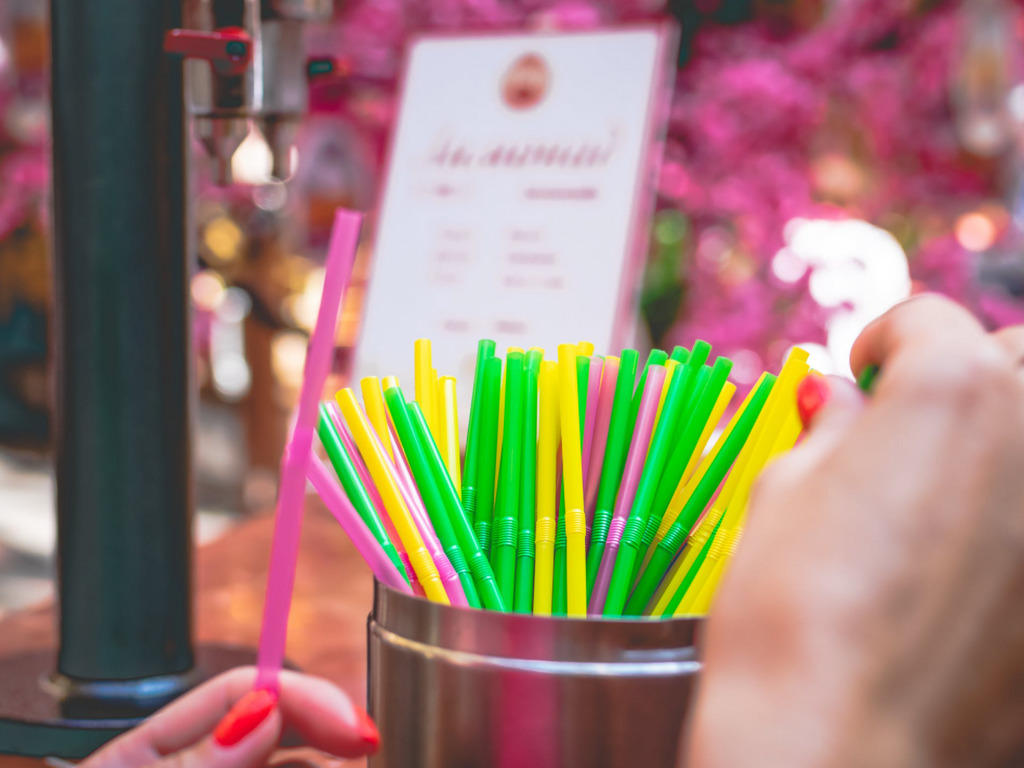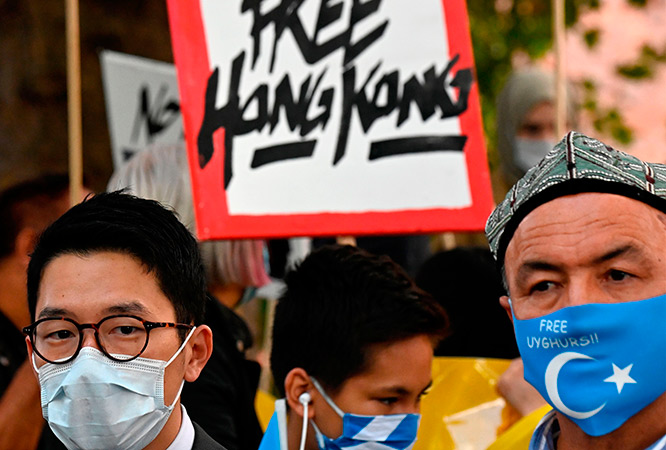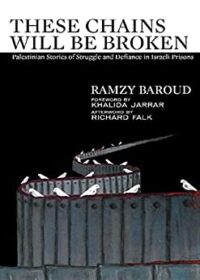The Convention on International Trade in Endangered Species of Wild Fauna and Flora (CITES) is one of the most important international bodies in the world right now. Its actions and choices have immense bearing on what the future holds. CITES determines what trade in at-risk wildlife species is permissible or not. As such, whether the world properly tackles the biodiversity crisis, aka the disappearance of essential diverse life on earth, and limits the risk of future zoonotic pandemics, like coronavirus (Covid-19), partly lies in its hands.
Currently, CITES is subject to two legal challenges. They both relate to China and its trading in Asian elephants and chimpanzees with Laos and South Africa respectively. The challenges are complex and allege numerous violations of CITES wildlife trading rules. They paint a picture of a highly profitable and thriving market in some of the world’s most endangered species, where corruption, rule-bending and fraud is rife. In essence, the legal complaints expose the CITES system as one where the rules are used to accommodate the trade, rather than the other way around.
With CITES’ increasing importance in our wildlife-depleted and pandemic-riddled world, these legal challenges offer an insight into how the UN body currently functions. Unfortunately, they starkly highlight how unfit CITES is for the existential problems we face.
The Convention
As The Canary has previously reported, CITES is a global agreement between most states – known as parties – on international wildlife trading. Its primary purpose is meant to be ensuring that trade doesn’t drive species to extinction. It currently regulates the trade in around 38,700 species that it’s designated as in need of protection – approximately 32,800 species of plants and 5,950 species of non-human animals.
It lists these species in three appendices, essentially depending on how much at risk of extinction they are. It then sets out rules for trade of species in those different appendices. This rules-based trade is authorised through a permitting system. Permits are issued by national CITES management authorities in member countries “upon advice” from their national CITES scientific authorities. A central CITES authority, called the CITES Secretariat, oversees the working of the Convention, assisted by a number of committees.
In theory, the system is simple enough. For international trade in CITES-listed species to occur, the national CITES authorities in the involved countries have to issue import and export permits, which are in line with the applicable rules for that species, to confirm the trade is permissible.
The legal complaints show, however, that in practice, the system is anything but simple or, indeed, functional.
Responsibility for source codes
CITES has created source codes for species subject to trade. As the name implies, these codes indicate where the trader sourced the individuals in question from. The legal complaint about Asian elephant trades between Laos and China, which UK law firm Advocates for Animals has raised with CITES on behalf of filmmaker and author Karl Ammann, has issues relating to source codes at its core.
CITES lists Asian elephants in Appendix I, reserved for species that are “the most endangered”. However, one of the special provisions for trade that CITES has is that if individuals from an Appendix I species are bred in captivity for commercial purposes, they are downgraded to Appendix II. There are more restrictions on trade for Appendix I species than Appendix II.
In the CITES list of Asian elephant trades from Laos to China since 2014, all of them are listed as captive-bred, or source code C. The legal complaint disputes this, arguing that the source code has been ‘misused’. It claims that Laos “does not have any CITES registered commercial breeding facilities”. It also highlights a study that states “80% of calves born in captivity in Laos during the past decade are from wild genitors [fathers] from the Nam Pouy Protected Area”. Ammann says his sources have confirmed this.
Whether the source code has been misused here is a case that Laos has to answer. But a further burning question is, why didn’t China question Laos’s repeated use of source code C, if it’s a country that has no CITES registered breeding facilities? Indeed, in its guidance on the application of source codes, CITES says that:
If no licensed operation for the species exists, the legality of the export should be questioned.
Internal inconsistencies
The complaint also points out that CITES’ data says that Laos has exported 87 elephants to China since 2014. But a media report from Laos claimed that the country has exported 142 Asian elephants to China through one port – Mohan Port – since 2015. A further report by the Rescue Animals Project, which is quoted in the complaint, says that in 2014 there were 195 Asian elephants in 57 venues in China. The report said the number had increased by 140 to 335 Asian elephants, in 67 venues, by 2020.
Clearly, the numbers don’t stack up. The Advocates for Animals complaint alleges that elephants are regularly smuggled, via a “hidden forest trail”, across the Laos/China border. This could account for the discrepancy. A failure by involved countries to fully record their permit documentation in the CITES database could cause such disparities too. Nonetheless, the fact that the discrepancy has only come to the fore because of the legal challenge begs another question: where are the checks and balances in CITES whereby the declared trades are checked against actual trades and what’s happening on the ground?
Definition issues
The second legal complaint, which Advocates for Animals has also raised on behalf of Ammann, focuses on the sale of 18 chimpanzees from South Africa to a Chinese zoo. As is the case for the Asian elephant complaint, it claims that the trade potentially violated numerous CITES rules. One of the violations the complaint alleges is that the traded chimpanzees will be “used for primarily commercial purposes”. As an Appendix I species, people cannot trade chimpanzees for primarily commercial purposes.
CITES has a definition of what ‘commercial purposes’ means. It states that:
An activity can generally be described as ‘commercial’ if its purpose is to obtain economic benefit (whether in cash or otherwise), and is directed toward resale, exchange, provision of a service or any other form of economic use or benefit.
It also says that the term should be defined “as broadly as possible so that any transaction which is not wholly ‘non-commercial’ will be regarded as ‘commercial’”.
The legal complaint partly asserts [pdf p6] that the trade was ‘primarily commercial’ because the zoo – Beijing Wild Animal Park – is a “profit based facility”, with a net profit of around $7m in 2017. As various tourism websites have boasted, the park also puts on ‘animal shows’, meaning the venue forces certain species to perform for the paying spectators.
China issued a government directive in 2011 banning such performances. It reiterated the ban in further guidance in 2013. Nonetheless, the performances continue in many venues, with some notable exceptions.
Lack of clarity
CITES has responded to the chimpanzee complaint. Based on its response, Advocates for Animals understands that CITES is satisfied the trade in chimpanzees was for zoo purposes due to China claiming that the park’s focus is on science, education and research, among other related things. However, it appears all parties have acknowledged the venue isn’t registered as a scientific, educational or research institution.
Essentially, CITES concluded that the purpose of the chimpanzee sale was for ‘zoo’ purposes not for ‘commercial purposes’ because that’s what China claims. It did concede that more clarification is needed for purpose code Z, i.e., zoos, and pledged to take action accordingly. But the fact CITES doesn’t appear to already have a clear definition of what constitutes a zoo and under what circumstances it considers a zoo to be a commercial entity – in light of its own definition of ‘commercial purposes’ – is deeply troubling.
As Advocates for Animals’ Alice Collinson commented:
It is vital that CITES put measures in place to prevent protected animals from being traded to zoos for primarily commercial purposes, which is happening increasingly according to Karl Ammann’s growing evidence base, particularly with China, and could undermine the purpose of a regime aimed at protecting the most vulnerable species. CITES has not ruled out that zoos can fall into the category of primary commercial, but have failed to clarify when that could occur.
A system ripe for corruption
The Asian elephant complaint also raises concerns over corruption being an issue in the current CITES system. Ammann has been investigating the wildlife trade, including the trade in elephants, for years. The complaint asserts that his investigations have shown that trafficking of elephants between Laos and China, in some cases, “involved bribes with officials”. The complaint alleges that bribes, which were not exclusive to one or other side of the border, were sometimes connected with preparing the ‘paperwork’ for CITES permits.
Adding to concerns over corruption, Ammann’s investigations show that although Chinese dealers may purchase a Laotian elephant for around $25,000, the price Chinese zoos pay for them can be up to $500,000. This raises further issues with the ‘non-commercial’ classification of such trading. It also begs the question of where these vast sums of money are going.
Ammann previously co-authored a 2013 report on illegal sales of chimpanzees from Guinea, mainly to China. Guinea issued numerous fraudulent permits for the chimpanzees between 2009 and 2011. In their investigation, the 2013 report’s authors said animal dealers told them that getting the fraudulent permits was “just a question of the relevant financial initiative (bribe)”.
In short, allegations of corruption are neither new nor uncommon in CITES. One of the reasons why that’s the case is because CITES still relies on an archaic paper permitting system. As The Canary previously reported, an e-permit system does exist, called eCITES. But it appears to be barely functional, partly because of a lack of funding. It’s also not compulsory.
The Canary contacted China’s CITES authorities for comment on the Asian elephant complaint. They did not respond to the request.
Iceberg ahead
Like the Laotian elephants, the issue with the Guinea-China chimpanzee trades centred on the classification of the great apes as ‘captive-bred’, despite Guinea having no breeding centres for them. Meanwhile, as with the South African chimpanzees, these apes were destined for Chinese zoos that the 2013 report’s authors argued were for ‘primarily commercial purposes’. One of the grounds for the Asian elephant complaint is also that they are used for ‘primarily commercial purposes’.
Considered together, these three situations highlight recurring issues with the CITES system. Clearly, the body needs to address the inconsistencies around its ‘captive-bred’ source code. Arguably, given this source code appears ripe for abuse, the body needs to consider affording all individuals of a species the same stronger trade restrictions, regardless of their ‘source’ being the wild or captivity. CITES also needs to firm up who bears responsibility for ensuring source codes are adhered to. Notably, in the Guinea-China chimpanzee controversy, China faced no repercussions for its role in the years-long fraudulent use of the code. Moreover, CITES didn’t enforce a crucial obligation the involved parties had in the situation. Namely, under the Convention, parties are “obliged… to provide for the confiscation or return to the State of export” of any individuals who are “traded in violation of the Convention”.
The apparent lack of checks and balances regarding declared trades and the reality on the ground also needs to be addressed. Systematic checks of submitted CITES paperwork, and wholesale adoption of a transparent, electronic permitting system, should happen too. Furthermore, the body must provide clarity on the critical purpose codes it has created and address the inconsistencies in its guidance and definitions. In particular, it needs to urgently resolve the ambiguity over when zoos should be viewed as commercial enterprises, so that the Z purpose code matches up with its definition of ‘primarily commercial purposes’.
Like all international bodies, CITES is a behemoth. Coordination of the global wildlife trade involving most of the world’s governments is understandably no easy task. But for the sake of everyone in the living world – human and non-human – it is an essential one, with its importance only growing amid the biodiversity crisis and the threat of zoonotic diseases.
Given its critical role, CITES needs to operate like a tight ship. But right now, it more resembles the Titanic. If it doesn’t buck up and get its act together, there’s nothing but icebergs ahead.
Featured image via Wikimedia and Karl Ammann
This post was originally published on The Canary.



